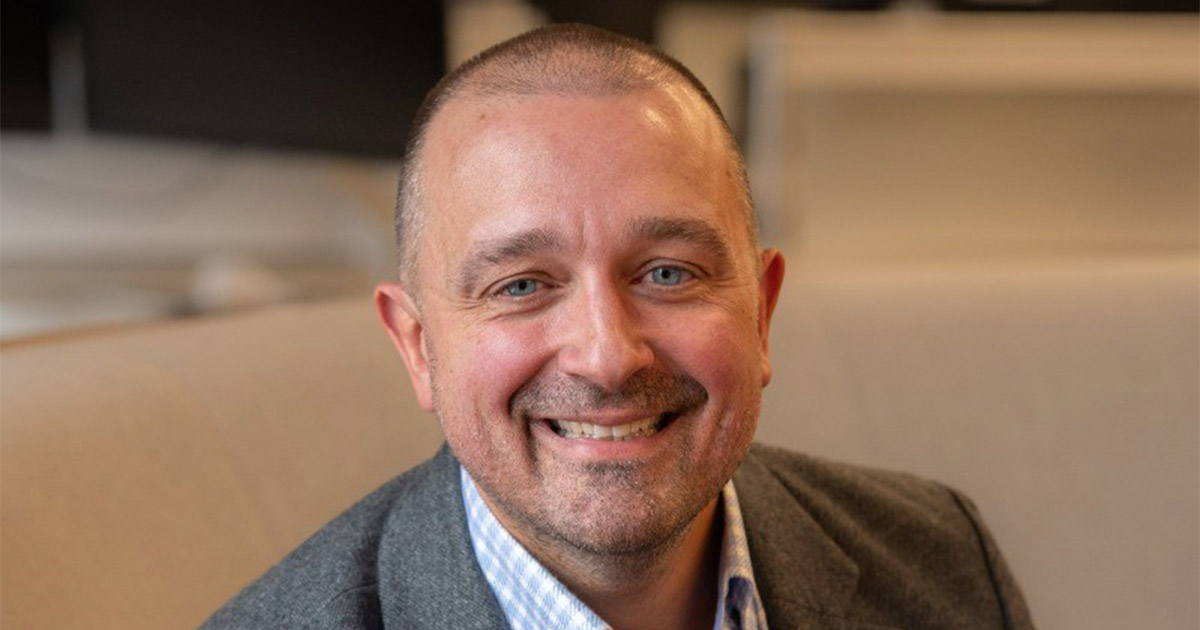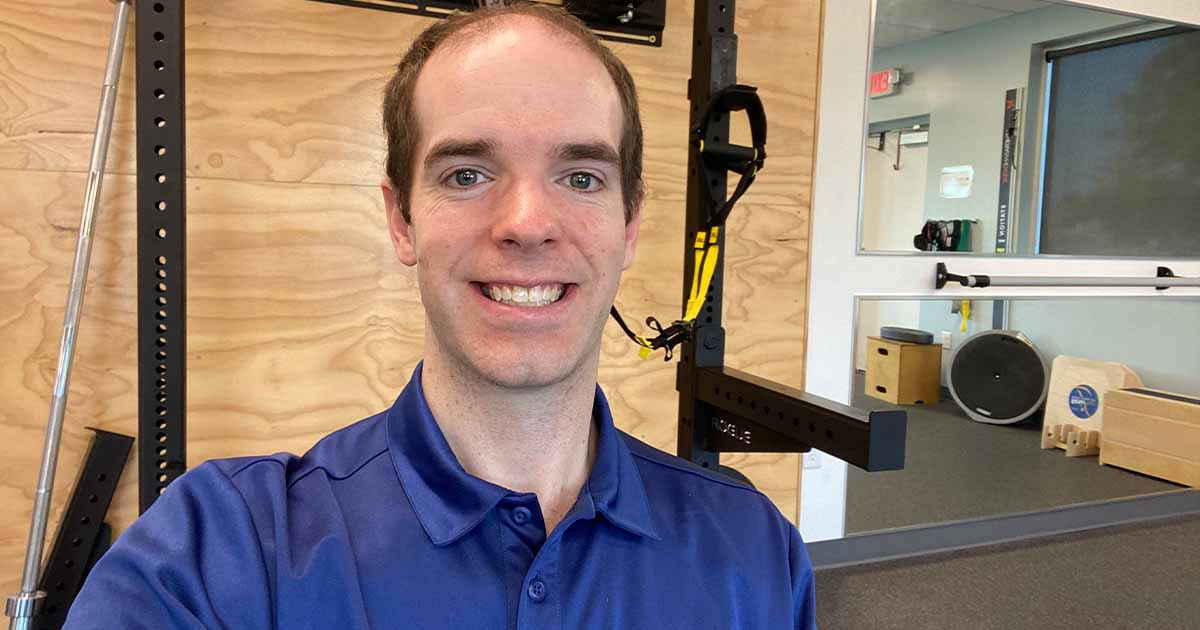Atkins Diet: What’s behind the claims?
What is the Atkins Diet? The Atkins Diet is a popular low-carbohydrate eating plan developed in the 1960s by heart specialist (cardiologist) Robert C. Atkins. The Atkins Diet restricts carbs (carbohydrates) while focusing on protein and fats. The Atkins Diet has several phases for weight loss and maintenance. It starts out with a very low-carbohydrate … Read more





